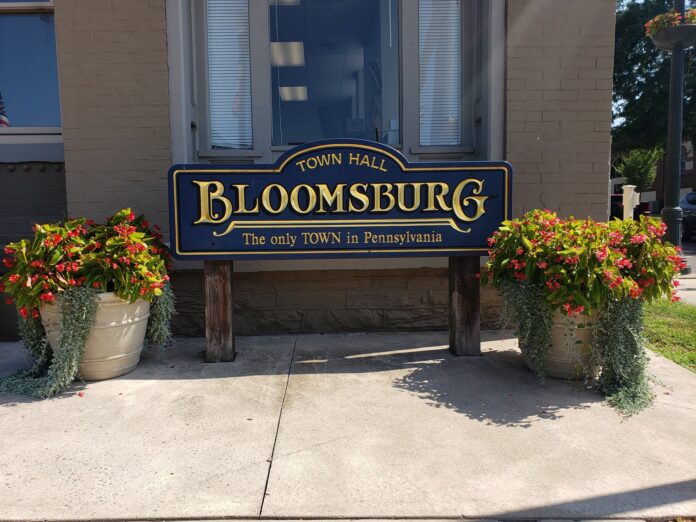When speculating what Joe Biden’s first 100 days will look like, a lot of media outlets have written about the president-elect’s vow to sign the Equality Act into law. But realistically, the Equality Act will never reach President Biden’s desk with Mitch McConnell as Majority Leader of the U.S. Senate. And the reason is a simple one and a petty one. Even though it’s likely that at least a half-dozen Republicans would support the Equality Act, McConnell would never allow it to come up for a vote because he would never allow a liberal “win” that would endanger Republicans running for re-election in purple states. It would also be seen as a betrayal of the conservative Republicans who voted last month for him and Lindsay Graham to remain in office.
If both Georgia Senate races in January go to the Democratic candidates, it’ll become a lot easier to pass the Equality Act and send it to Joe Biden to sign. But even if Democrats control 50 seats with Vice President Harris as the tiebreaker, there’s no guarantee that the likely Majority Leader, Chuck Schumer, would bring the Equality Act up for a vote. He would have to think about people like Mark Kelly in Arizona, Catherine Cortez Masto in Nevada, and Michael Bennett in Colorado. All of those Democratic senators are up for election in 2022 and all come from purple states. Would independent voters there see support of the Equality Act as a negative? It’s difficult to say.
Even if Democrats take control of the U.S. Senate, the frustrating balancing act would continue. And statewide, in a place like Pennsylvania, the Republican-controlled legislature is basically like the U.S. Senate: they’d never allow equality legislation to come up for a vote. But there is something that LGBT communities around the country can do to ensure that they are treated fairly and given equal access to employment, housing, and public accommodations: work on getting local LGBT nondiscrimination ordinances passed.
In the past twelve months, three small town communities in Pennsylvania — Huntingdon, Shippensburg, and Bloomsburg — have all passed LGBT nondiscrimination ordinances, and officials in Gettysburg are set to vote on one at their December 14th meeting. Local groups like the Coalition for Social Equity, which helped garner support for the Bloomsburg ordinance, and regional groups like the Pennsylvania Youth Congress, understand the necessity of going local when it comes to LGBT rights, and they continue to fight for LGBT rights in places that aren’t liberal havens.
While it sometimes takes years, if not decades, to change a community’s mind about LGBT rights, starting with your local elected officials and writing letters and making phone calls about equal protections for LGBT people is a good start. Despite what religious freedom-touting homophobes might say, LGBT nondiscrimination laws don’t harm communities, they only help communities. They help the LGBT population to feel more safe and connected with their neighbors, and they allow the LGBT community to make meaningful contributions, culturally and economically, to the place they live. And that is a win-win for any community.
